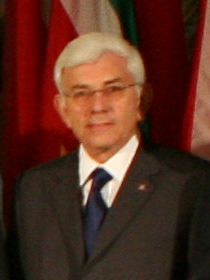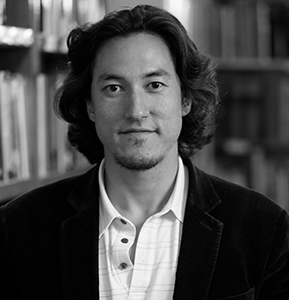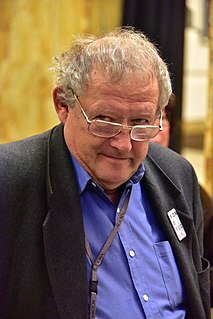A Quote by James Madison
A pure democracy is a society consisting of a small number of citizens, who assemble and administer the government in person.
Related Quotes
A pure Democracy, by which I mean a Society consisting of a small number of citizens, who assemble and administer the Government in person, can admit of no cure for the mischiefs of faction. A common passion or interest will, in almost every case, be felt by a majority of the whole; a communication and concert result from the form of Government itself; and there is nothing to check the inducements to sacrifice the weaker party, or an obnoxious individual. Hence it is, that such Democracies have ever been spectacles of turbulence and contention; have ever been found incompatible with personal security, or the rights of property; and have in general been as short in their lives, as they have been violent in their deaths.
If the citizens neglect their duty and place unprincipled men in office, the government will soon be corrupted . . . . If a republican government fails to secure public prosperity and happiness, it must be because the citizens neglect the Divine commands, and elect bad men to make and administer the laws.
What, then, do they want a government for? Not to regulate commerce; not to educate the people; not to teach religion, not to administer charity; not to make roads and railways; but simply to defend the natural rights of man -- to protect person and property -- to prevent the aggressions of the powerful upon the weak -- in a word, to administer justice. This is the natural, the original, office of a government. It was not intended to do less: it ought not to be allowed to do more.
When we speak of the origin of western democracy it's precisely here, in this territory that the modern definition of democracy first emerged in city/states known now as Greece. This was coming from a society in which 30 thousand citizens had rights and 300 thousand were slaves and citizens without rights that lived in this territory. So that was the concept of western democracy; some citizens had the prerogative of exerting their civil and political rights while the others had none.
We in the small developing countries are beginning to understand that our own citizens share a common fate requiring the active role of government to ensure that every citizen has a chance and means to participate productively within the society and to curb society's dangerous encroachment on the physical environment.
[T]he delegation of the government, in [a republic], to a small number of citizens elected by the rest . . . [is] to refine and enlarge the public views by passing them through the medium of a chosen body of citizens, whose wisdom may best discern the true interest of their country and whose patriotism and love of justice will be least likely to sacrifice it to temporary or partial considerations.
Meiklejohn's position is that free speech in a democracy is not an absolute flowing from the boundless source of some presumed 'natural right.' It is a practical necessity of 'self-government by universal suffrage,' for if the citizens are not permitted to argue out the issues of government, how can they be what they must be in a democracy - the rulers as well as the ruled?
When people in a democracy are not educated in the art of living -- to strengthen their conscience, compassion, and ability to question and think critically -- they can be easily manipulated by fear and propaganda. A democracy is only as wise as its citizens, and a democracy of ignorant citizens can be as dangerous as a dictatorship.
There were free elections in Bulgaria, where the opposition has just won. In a democracy, the government is a reflection of society because people are elected. Sometimes the type of person from the old machine, who is everything but an appealing figure, happens to win an election. But democracy applies to everyone, not just the noble and the clever.
We have to accept that capitalism is coming to an end. We can't provide paid employment for people, all the industries with technology are counter-intuitive to profit, and we have to have a transition to the conceptualist society. The only way to do it fairly is as a social democracy, a radical social democracy, which isn't compromised by neo-liberalism and isn't compromised by the rich, and isn't compromised by hegemonic, authoritarian interests: to have that balance between the government, the private sector, and then the individual citizens again.































